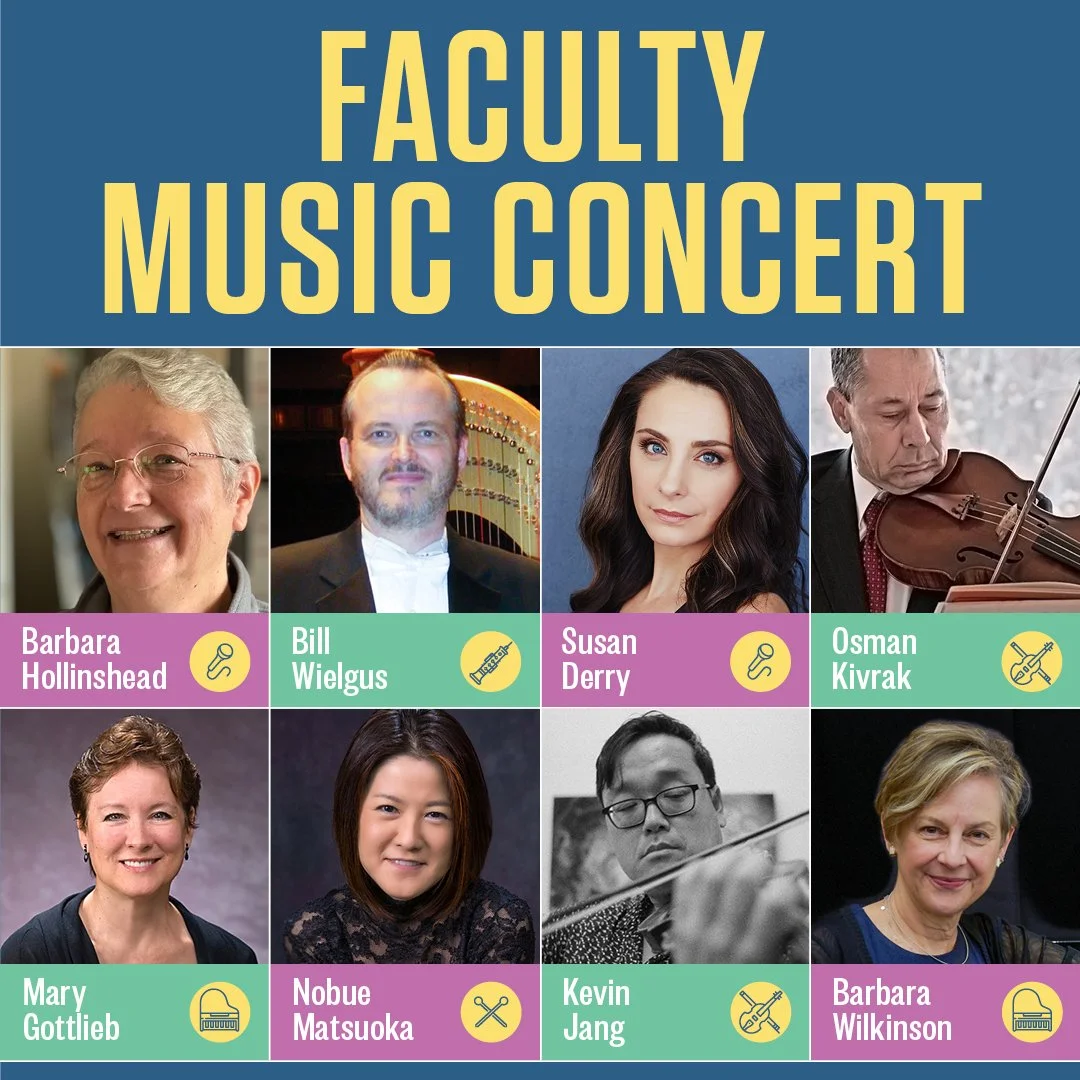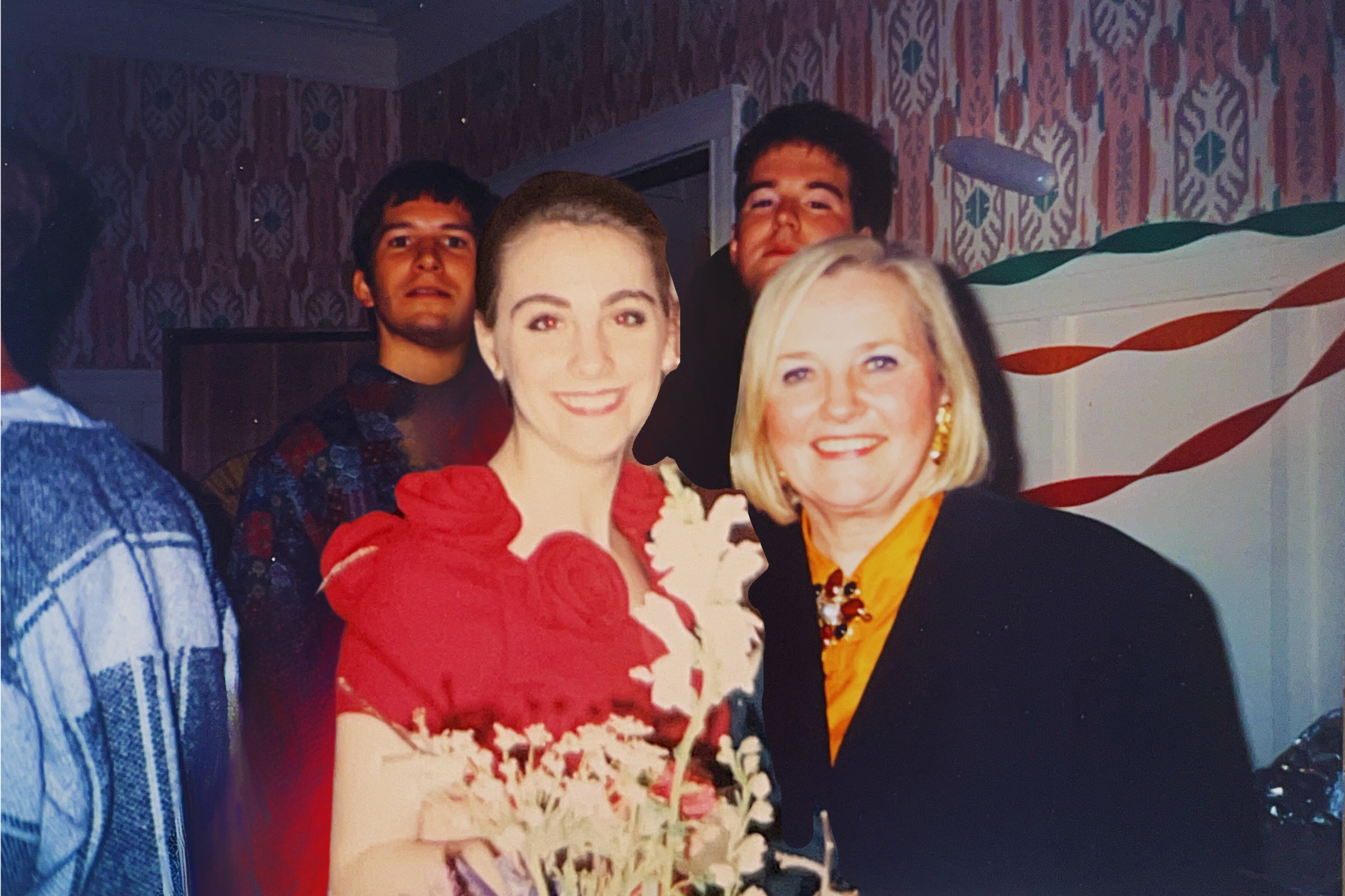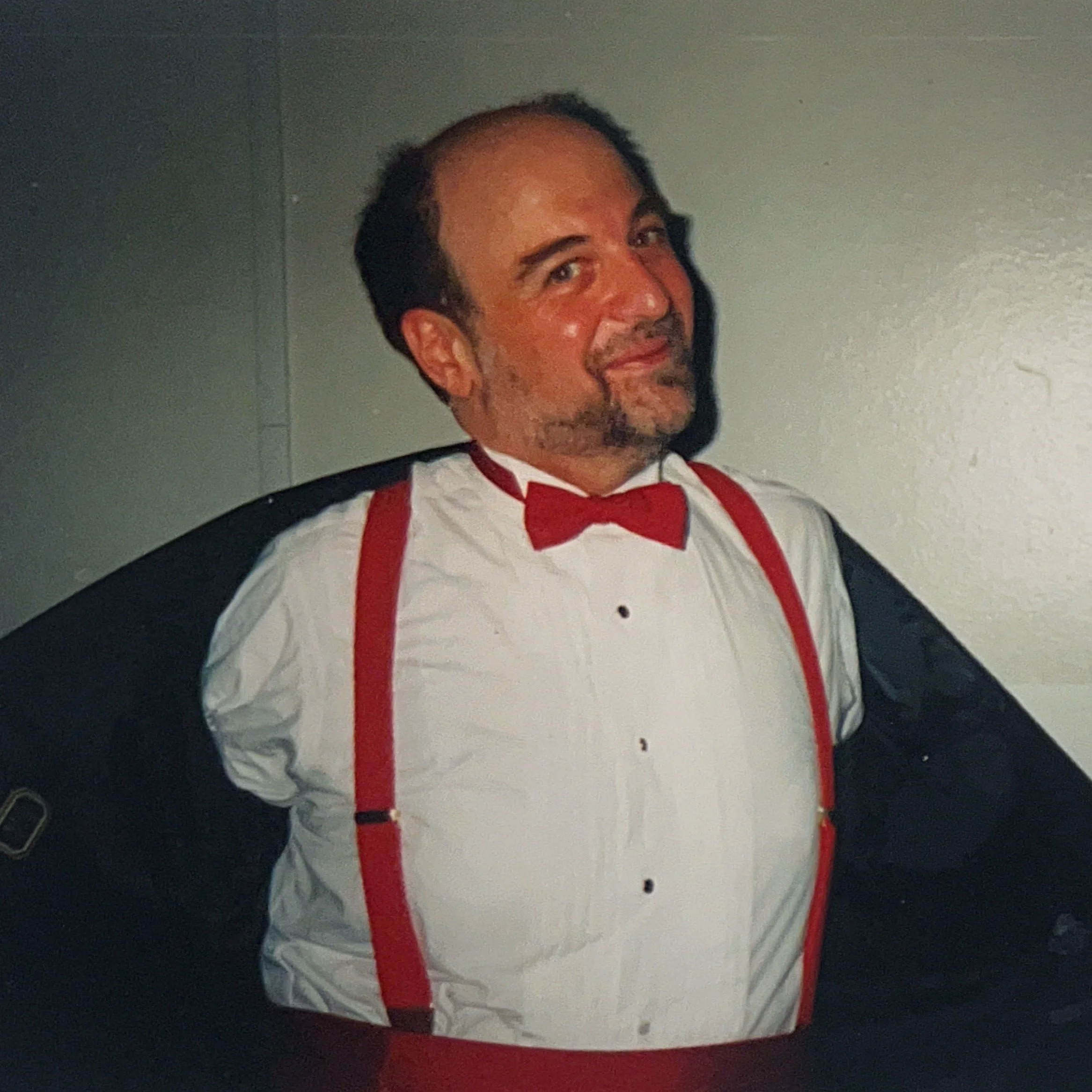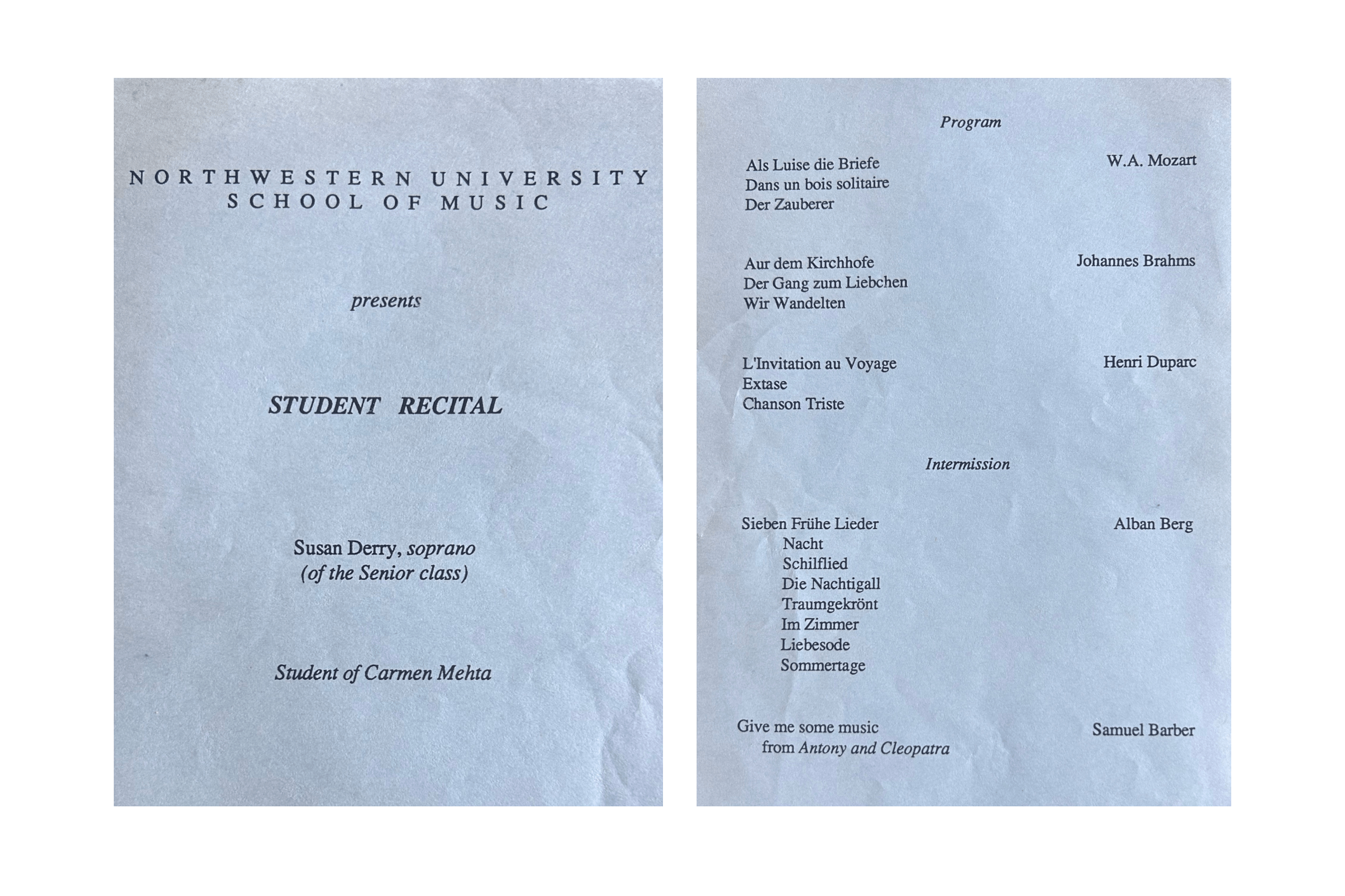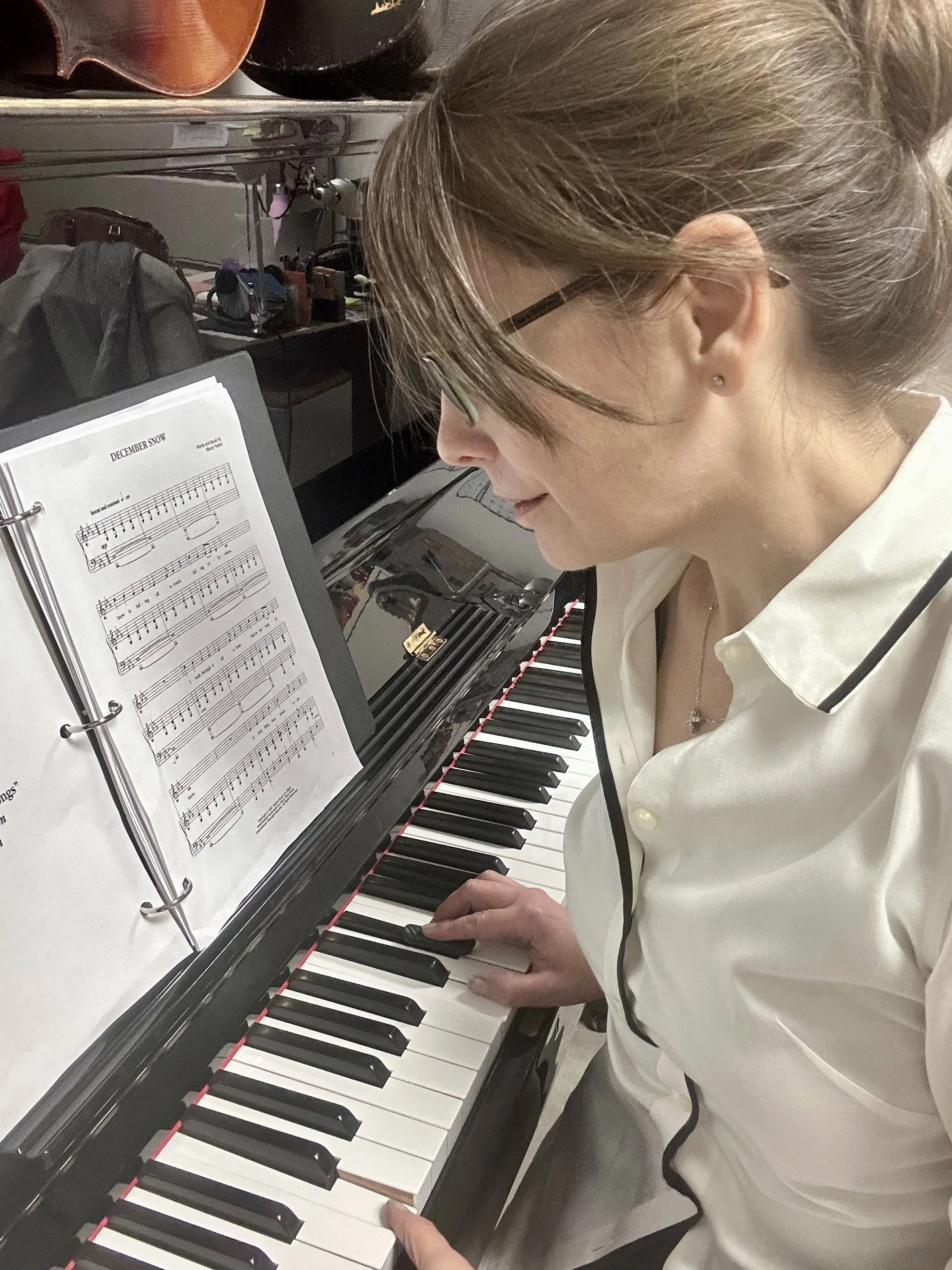Cusp of a Concert: Preparing “December Songs”
I’m about to do something I rarely get to do: just sing. I know; I sing all the time, but usually I’m writing a script too, or learning lines. Not this time. You see, I'm part of the yearly faculty concert at American University in DC, where I teach voice. It’s a great coming-together of the varied and quite gifted faculty, and a poke in the eye to George Bernard Shaw; I am a fan of GBS’s work (Eliza and I are tight) but not of his too-oft quoted quip that “those who cannot do, teach.” My colleagues give the lie to that dreadful saying and I’m quite proud to be among them.
I’m singing a few of Maury Yeston’s December Songs, a song cycle written in 1991 for voice and piano and debuted by storied cabaret artist Andrea Marcovicci; the work was one of a number of commissions for Carnegie Hall’s centennial. My collaborator for this is the marvelous Barbara Wilkinson, whose beautiful playing weaves so much life into the story these songs tell. If you're in DC, I hope you can join us.
Yeston wrote both the music and the lyrics for this ten-song cycle, and it’s often compared to Schubert’s Winterreise (Winter Journey) , 1827, a harrowingly beautiful and also disturbing set of 24 songs with poetry by Wilhelm Muller. Schubert’s protagonist wanders the winter countryside after a disastrous love affair; Yeston’s heroine (because it’s me, but change the keys and anyone can do it, same with the Schubert) wanders the snowy city, working her way through her pain (been there done that). There are other parallels - keys, style - but here’s what Mr. Yeston himself said about them: “It was very helpful to know what Schubert had done and what Schumann had done and what Brahms had done. To see that and know I don’t want to do that. But I want to be in that family. I want this music to know that it comes from a tradition.”
Side note - a song cycle is a number of songs written by one composer to go together in one hearing that tell a story or explore a theme, more or less; each song in the cycle can stand alone as well. They’re rooted in classical music, particularly German lieder, but also rooted arguably wherever there’s song: African griot tradition, raga cycles of India, Latin American folk song sets are just a few random examples. Just as a good song is a story unto itself, song cycles are almost mini-musicals, with a beginning, middle and end. Cycles are the precursor to the solo album - think Joni Mitchell’s Blue or Beyonce’s Lemonade , both of which I’ve taught as such, or just about any album by your favorite songwriting artist. I digress… Lecture over, but there will be a quiz.;)
The songs are simple, short, direct; at their debut they were billed as "Cabaret Comes to Carnegie.” It was just Andrea Marcovicci and Glenn Mehrbach at the piano on the Carnegie stage. Since then, they’ve been performed by classical singers wanting something lighter, or by contemporary voices looking for gravitas. They sing of love and loss, perpetually universal themes. Other instruments are often added, chamber music style; there’s even a 2022 recording with Tony winner Victoria Clark scored by Yeston for a 37-piece orchestra that’s quite stunning. Tradition, as Mr. Yeston points out, is inspiration in the arts, not dogma. He goes on to say, “One of the great things about tradition is that you have to move it forward. I knew that I would be doing that just by doing something new from my point of view.”
With Carmen Mehta, junior recital. Gown by Mom. No idea who those guys are…
I’ve spent a lot of time at school lately: I served as the voice coach for the spring musical Urinetown (the students were pretty fabulous!) and I have my normal heavy student load, so all this extended time in the AU halls has me thinking about my own experience. As an undergrad I devoured song literature - song literature is just like regular literature, except you sing it after you read it :) - and every time Barbara and I rehearse I’m back in a practice room in Evanston IL preparing for some recital or another. And I did as many as they’d let me - I didn’t get a ton of traction in undergrad; I still had a lot to learn and recitals were where I learned it.
My teacher was the charming and steely Carmen Mehta; I loved her and she loved German lieder, so I loved it too: Wolf, Brahms, Schumann. Carmen programmed evenings for the whole studio to perform one composer at a time and made us really dig into the text; I still know the Frauenliebe und-leben by heart.
In grad school I went completely off the rails with contemporary stuff. My coach Tom Muraco (I still can’t believe he’s gone) found me the most marvelous ee cummings poems set by William Bergsma - a great thing to assign to a young soprano! - and a total weirdsmobile of a piece for soprano and cello by Boris Blacher about poor Francesca da Rimini lolling about in the afterlife (I think there’s a special Circle of Hell just for that one). Each song they gave me was a gem, an entire world played out in a few thrilling minutes of luscious music, and I could lose myself in the drama of it all.
Looking back at my programs, though, much of them were an exercise in wrong-sized music. I didn’t really know myself, or my voice. I sang things I never should have been singing, especially in undergrad. None of it was where my instrument would go, in the end; I made for an impassioned, if anemic, Suor Angelica (here’s how she’s “supposed” to sound), and a rather ridiculous Cleopatra.
Senior recital. I showed NU for sure.
Of course recitals are just cabaret in a fancy disguise: a whole evening of you and your hard-working pianist/collaborator, singing stuff you learned and loved, organized the classical way by composer or musical period - a little stilted, very formal, no talking (at least not back then), and you’d exit the stage between sets and sweep back on like royalty. I loved it.
Fast forward to now - cabaret is my favorite; it’s what I've come to love to do, and all those recitals laid the groundwork for my solo shows for sure. Cabaret, and the songs that are labeled as such, is intimate and very human; it’s personal, and it also allows for different, for thinking outside the box. To program “cabaret” on this particular classical concert (offerings range from Brahms to brand-new faculty compositions - very cool) is an opportunity, it seems to me, to show our listeners, our students first among them, what’s possible: that music is more than its definitions and “tradition” is just another word for one way to do it.
Here’s more from Maury Yeston on this, ”Also to be able to stretch every muscle I have, whether it’s got to sound more like a musical theater song sometimes or whether it’s going to be a theme in variations sometimes or even have a jazz influence. I didn’t care about that. What I cared about was to make the music right for this moment in the story and it will all work out.”
I adore the bells and whistles - gowns and cellos are my jam - but for this moment in my life, it feels right to get back to the roots; the stripped down cabaret-ness of the version that has words and notes and a singer and a pianist. Would we love to add instruments? Yes, absolutely, each one would hold its own part of the story, a heartbeat, a tear, a passerby, the guy who dumped you etc, but no one on faculty has time to create one (all reports about adjunct workloads are true) and a 37-instrument version is out of the question.
And I don’t think the cycle needs it; it’s enough. It’s adorned with nothing but its vivid self, just like its debut. It’s right for its moment. We can’t do all ten for this - time does not allow - so we’ve chosen five that hold together outside the box of the original ten. The orchestral details are in Barbara’s hands, literally; she plays with so much color and light. Each song is in itself a little world, with enough space for our take and for the audience’s, your, imagination; that’s the beauty of the form. They’re songs about love, loss and afterwards. That’s it.
“Fremd bin ich engezogen, fremd zieh’ich wieder aus.” - Muller
“No one really knew me then, no one knows me now.” - Yeston
Here’s our five, and the bits that compel, without giving too much away for those joining us in person:
“December Snow,” the first in the full cycle, corresponds to the first song of the Winterreise, “Gute Nacht.” The singer in the snow, lost in her head sings “No one really knew me then; no one knows me now.” Schubert’s opens with “Fremd bin ich eingezogen, fremd zieh' ich wieder aus;" “I entered as a stranger, I depart as a stranger.” How estranged do we feel from the world in the aftermath of loss?
The angry outburst of “Where Are You Now.”
“Please Let’s Not Even Say Hello,” with its dare-not-to-hope vibe.
“Bookseller In The Rain”- a good story needs books.
“I Had A Dream About You,” Schubert’s three suns in “Die Nebensonnen” blind the singer with grief. He says “Im Dunkeln wird mir wohler sein;” “I’d be happier in the dark.” But Yeston flips it on its head; this song just about dances with possibility when the singer sees two moons in a dream. Listen for Barbara’s hands flirting with acceptance, and then reality, in this one.
But how alike we all are, in the end! With its cycle of love-loss-afterwards, grief makes us anything but strangers. Grief does not belong to us alone, even if we each experience it in our own way. And so it is with music.
And as for me? I have an instrument that speaks best when it speaks directly and intimately, and this is right-sized music for it. It’s a huge exercise in trust and in the concept of “enoughness,” things I’m always trying to impart to my students. So we do what good cabaret, what art requires; we share as we are, and trust that you’re with us.
p.s. We fully intend to do all ten someday soon. Anybody got a venue?
Working
The joy of listening to Barbara

